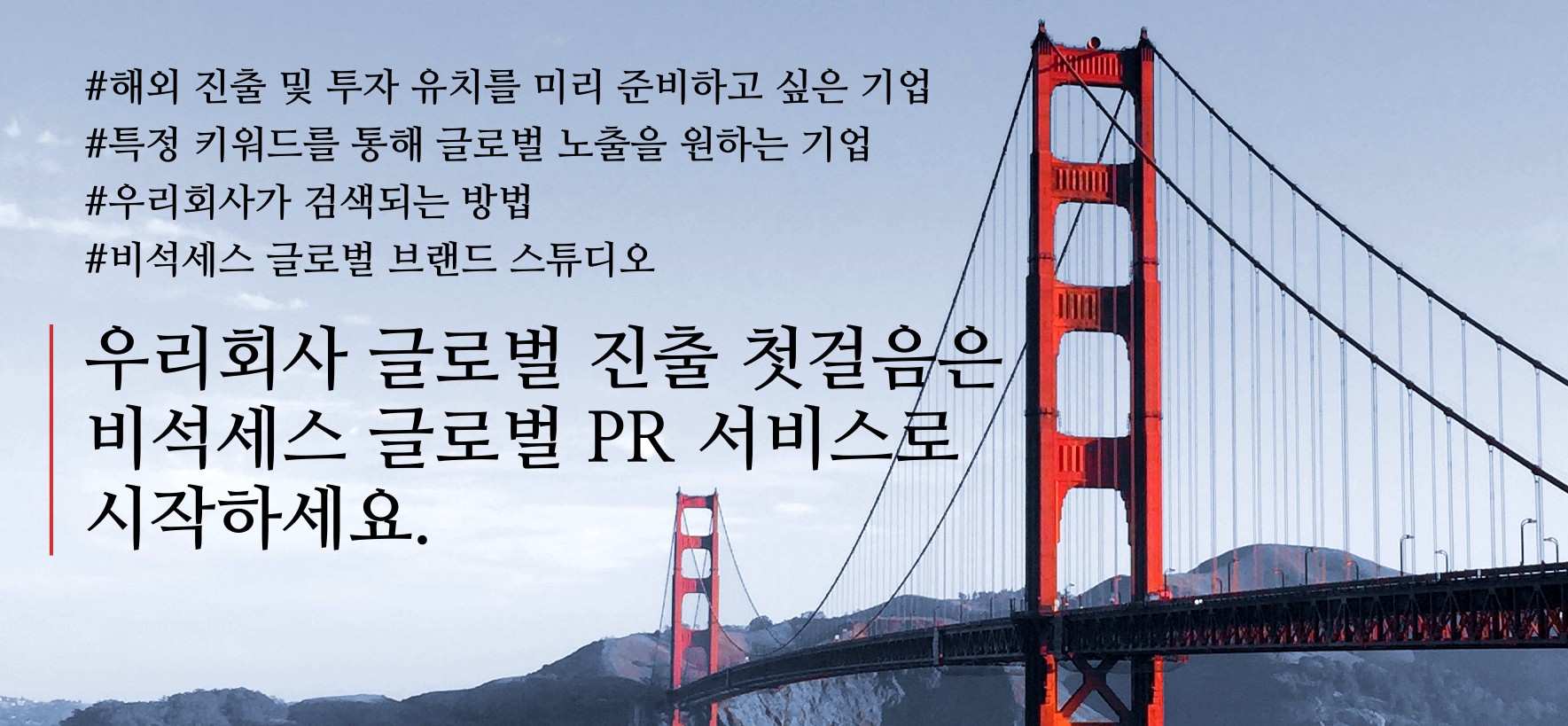We thought it's about time we wrote about the U.S. National Security Agency's PRISM program, the latest phenomenon around the world today - and yet, it's old news, because information is and has always been the ultimate power. This issue is quite divisive - some people care, some people don't, some people think you ought to care. What do you think about the PRISM issue?
What is PRISM?
PRISM is an electronic surveillance program, classified as top secret run by the U.S. NSA. PRISM is a government codename, by the way - it's not an abbreviation of some sort. And it has been put in place since 2007. The NSA contractor Edward Snowden leaked documents in June 2013 describing the program as enabling in-depth surveillance on live communications and stored information of the users, providing for customer targeting amongst American and global citizens.
What kind of data can NSA get?
Pretty much anything - email, video, voice chat, social networking details, file transfers, photos, voice over IP conversations, videos, login notifications, and the list really does go on.
What's the problem?
People saying one thing about PRISM, then saying another. Director of National Intelligence, James Clapper, said that the program cannot be used unintentionally. If data is 'accidentally' collected about its own citizens, the acquisition of detail, retention and dissemination is kept at a minimum.
The Washington Post said that the leaked document indicated "the number one source of raw intelligence used for NSA analytic reports." In 2012, PRISM was the source for data of 1,477 items according to the President's Daily Brief, an all-source intelligence product. The leaked information came to light one day after the revelation that the United States Foreign Intelligence Surveillance Court had been requiring Verizon (the telecommunications company) to turn over to the NSA logs. This tracked all of Verizon's customers' telephone calls on an ongoing daily basis.
NSA whistleblower William Binney has stated that PRISM is just another source of input of information. "The telecoms were giving NSA access to their communication lines. ...[NSA] couldn’t collect everything. They could get most of it, but they couldn’t get it all. So in order to get all the data, they had to go to the service providers to fill in the blanks. That’s what the PRISM program is for—to fill in the blanks. It also gives the FBI basis for introducing evidence into court."
What did this do?
Que a torrent of (justified) anger and hand-wringing by the public - meaning, the American citizens.
Why does this matter to global citizens then?
Obviously, our values and goals may be more in stake than you think. One interesting thing about the PRISM issue is that everybody is looking at this phenomenon through a narrow domestic ('American') lens. Worries do not go far enough, in other words. The implications? It's not just about what happens to the privacy of Americans, people. It's not just about 'political due process' (and a very blatant lack of, by the way). There are potentially huge negative global consequences. Not only giving special rights to the U.S. government set a terrible and unjustified precedent, but it's also incredibly myopic.
Internet is intrinsically, and naturally a global business. It is the 'global' social landscape.
So what? Well - American companies have dominated the scene until now and have done so with astonishing and admirable technical achievement and innovation. But, still, so what? Well - I'm saying that they have established the world's most important and most frequently used digital platforms for the exchange and dissemination of information and have allowed worldwide communication.
It's apparent that there are huge political and economic benefits to the world (and the U.S.), and no doubt that the 'digital platforms' are incredibly valuable. They're perhaps the world's most valuable set of tools for entrepreneurs, investors, and customers. They have created value for users - extraordinary value.
Free expression and dialogue was the backdrop, Google, Youtube, Facebook, Yahoo, Microsoft, Apple - were the players. These companies are also said to be participating in PRISM.
According to this article about PRISM, David Kirkpatrick (the author of Facebook Effect) said that:
"The largest group of people likely to care about the NSA's intrusions are non-American customers of U.S. Internet companies. Facebook alone has more than one billion of them. Google completely dominates search in most of the world, with its market share across Europe significantly exceeding 90%. And its YouTube distributes citizen videos worldwide. It will be hard now to ever again assure users of these services that their behavior or opinions can be protected from the U.S. government. Some reports on the NSA surveillance suggest that the court orders given these companies can be as broad as forcing them to turn over all traffic to and from a specific country."
I have nothing to hide. Why are people so worried?
To answer the question: because we're allowing 'American values' seep in.
Kirkpatrick said that "while these services have not seemed very American, of course they are. In many countries Facebook is not perceived to be an American service at all, since it operates completely in the local language. Now being American becomes potentially a concrete commercial and political disadvantage. To be an American service is now to be a tool for U.S. surveillance."
He goes on further:
"Do we really want to impair such powerful tools for spreading dialogue, political discourse, and U.S. values? Is it worthwhile to impair the extraordinary financial and commercial success of these great flagships for the American economy? Does Obama want Facebook et al just to be seen as tools of American power?"
The global influence and long-term commercial success of U.S. Internet companies may depend on how Obama handles this from now on. Some observe that the damage this caused means that the president may have to disavow the PRISM program completely.
I'm American, and have nothing to hide. Why are people still worried?
Unless you're a blockhead, you'll be able to extrapolate from all of this that the 'American' platforms' interests and goals to maintain their platforms as neutral global environments will be seriously and severely challenged, leading to a dramatic slow-down of their global growth.
Let me put it on the table and break it down for ya:
- For example, Facebook gives users a broadcast tool to send messages to their friends.It's a tool for a let-out of dissatisfaction, or rather in this context, it's a platform for ordinary people to make a political statement.Political statements and protests are one of the most effective and 'attractive' tool for activism. This is true in almost every single country. See the citizen protest against Turkey's Prime Minister Erdogan, the Arab Spring, the Iranian Green Revolution, the popular protests against President Putin in Russia, for example.
- Political statements and protests are one of the most effective and 'attractive' tool for activism. This is true in almost every single country.
- Commercial counterparts of U.S. companies as well as governments will be likely to alert their citizens of the potential that U.S. companies could pass their information to their own government authorities. Red light?
- So, this is why the PRISM phenomenon will seriously conflict with U.S. companies' aim to maintain their platforms as neutral global environments.
- Hence, the slow-down of their global growth.
How convincing is this? You be the judge.
So, U.S. counterparts. What about them other countries?
Search Engines:
- China's Baidu: more than 8% of searches globally at the end of 2012 (according to ComScore).
- Russia's Yandex is at close to 3%.
Social networking websites:
- China's Tencent has had a stunning recent success with its WeChat product. It has:
- has over 450 million users worldwide, including many millions outside China.
- global ambitions, like many other major internet companies in China.
It seems that Mark Zuckerberg's ambition to be global has never been wavered - aside from China, he has been making steady progress. "His arguments that governments there and elsewhere ought to allow Facebook just became a lot less persuasive," Kirkpatrick writes.
So, beSUCCESS global readers, that's my quick briefing of the issue. what do you think about this issue?








